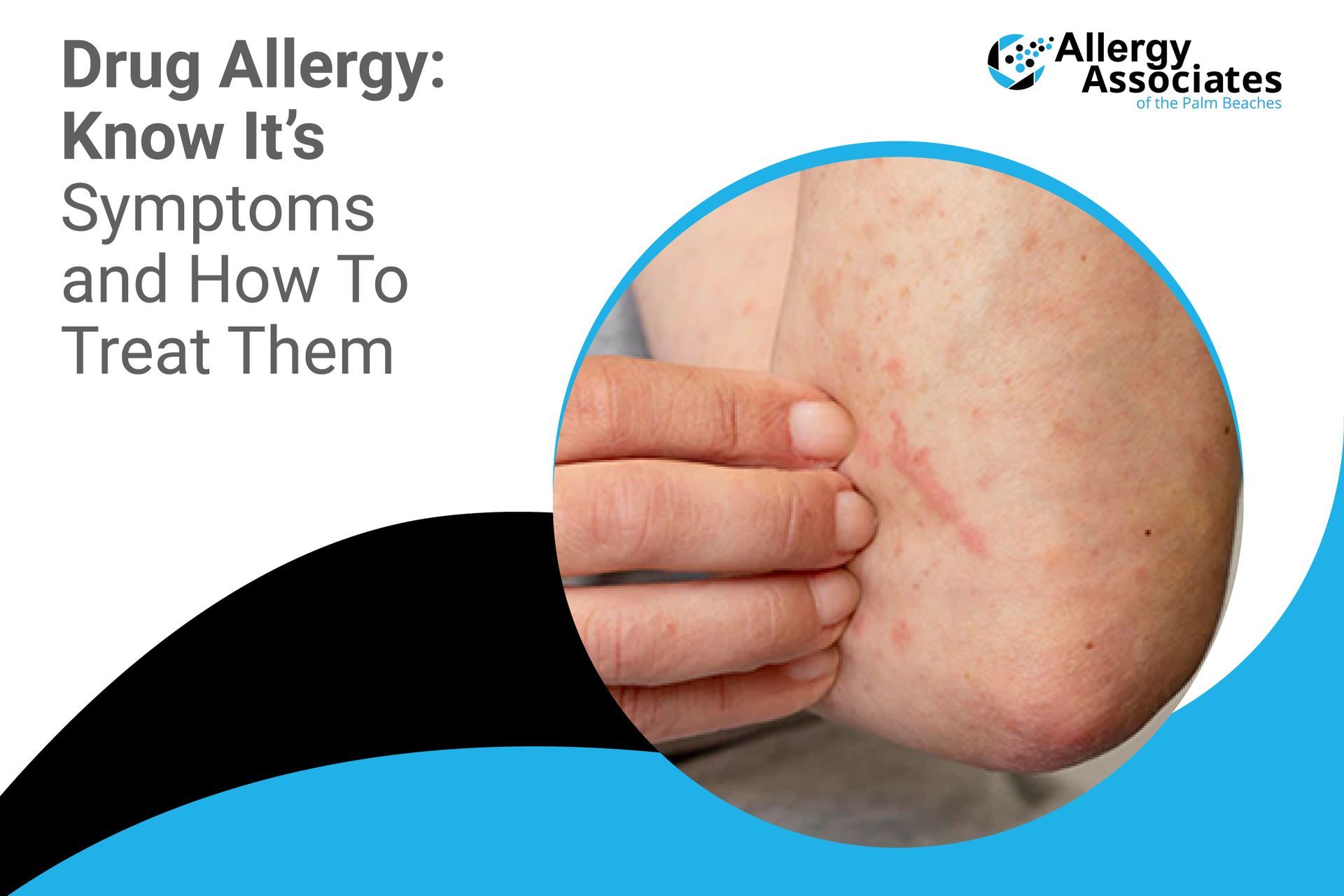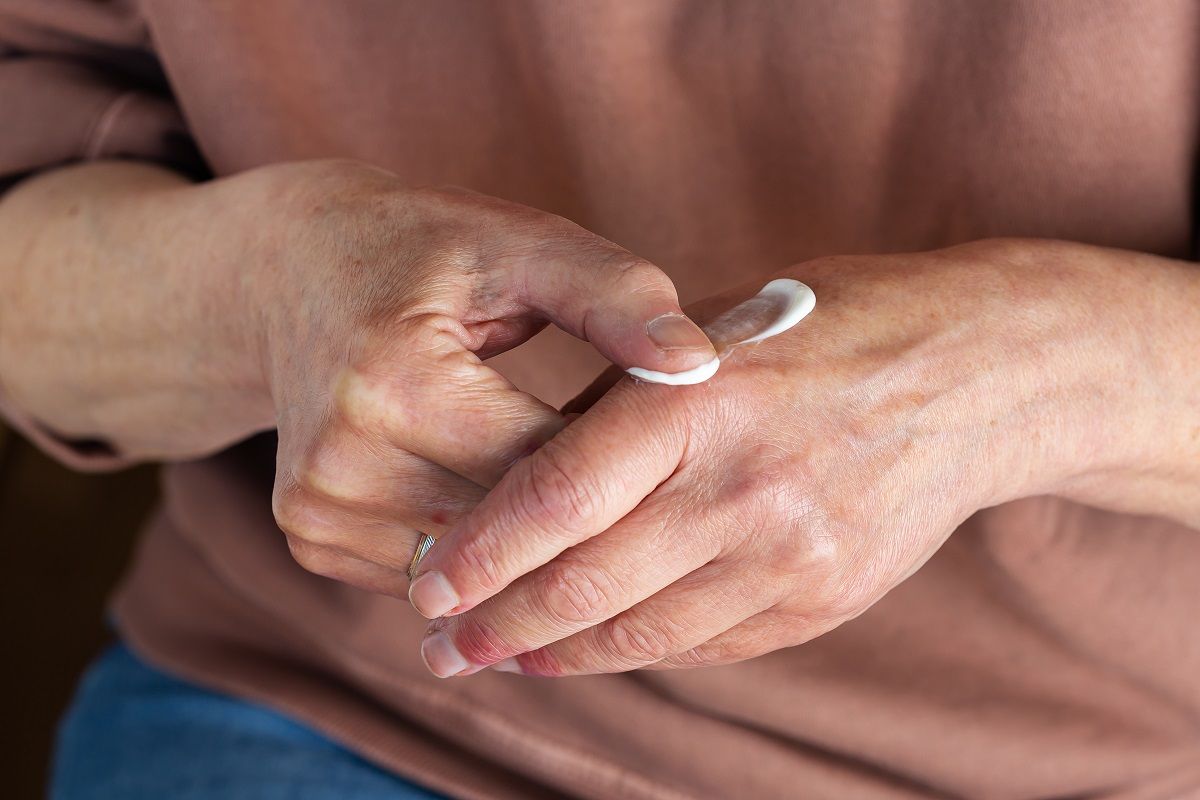
Drug allergy occurs when your immune system negatively reacts to certain medications. Any medicine can trigger it, whether prescription or non-prescription meds. Moreover, anyone can experience adverse medication reactions regardless of age, gender, or ethnicity.
Studies say that approximately 3%-6% of hospitalizations worldwide account for severe drug reactions. The number of individuals affected by this medical condition is not alarming. However, you should never take it lightly. Some cases are mild and considered nuisances, but others lead to potentially life-threatening situations like anaphylaxis.
Drug allergy is different from drug toxicity and drug side effects. On the other hand, people often confuse the symptoms of these medical conditions.
This blog post will guide you to drug allergies, their symptoms, and how to treat them. So, without further ado, let's begin our discussion.
Why do Drug Allergies Occur?
The role of your immune system is to protect you from disease and other harmful compounds that enter your body. Naturally, it acts as your first line of defense against viruses, bacteria, or parasites. The same is true with medicinal drugs. However, your immune system mistakenly attacks the medicines like invaders during a drug allergy.
Your immune system produces and releases antibodies to fight medicines, triggering drug allergies. This is when signs of allergic reaction to medication begin to appear.
Medicine Allergy Symptoms
The signs and symptoms of drug allergies are much like those of non-drug-related allergy symptoms. They may appear within minutes from accidental consumption of the allergy drug or, sometimes, a few days later. Moreover, the severity of allergic reactions to medication varies from one case to another. The first instance may also be different from the secondary consumption. Below is a compilation of the typical drug allergies you may experience.
Common drug allergy symptoms
- Drug allergy rash
- Shortness of breath
- Itching
- Swelling
- Wheezing
- Fever
- Runny nose
- Itchy, watery eyes
- Hives
The symptoms listed above typically go away even without medical treatment. However, severe reactions can be potentially life-threatening. One such example is anaphylaxis.
What is Anaphylaxis?
A severe drug allergy reaction could lead to anaphylaxis. Anaphylaxis is an allergic reaction that could affect a widespread organ dysfunction within minutes following accidental consumption of an allergy drug. The effects can be lethal and could potentially lead to death. Below are the common symptoms of anaphylaxis that you should be aware of.
Anaphylaxis Symptoms
- A sudden tightening of the airways and throat, causing breathing difficulties
- Dizziness or lightheadedness
- Seizures
- Nausea, vomiting, or abdominal cramps
- A sudden drop in blood pressure (could lead to shock)
- Loss of consciousness
- Diarrhea
- Weak, fast pulse or palpitations
- Confusion, anxiety, or difficulty focusing
- Drug rashes
According to recent
studies, the fatality rate of anaphylaxis is approximately 0.7 to 2 percent of all reported cases. It is best to dial 911 for emergency cases or go to the nearest ER. Time plays a crucial role in saving a person from anaphylaxis. Act quickly to reduce the chances of complications or fatality.
Allergy Symptoms Similar to Anaphylaxis
Certain drugs can cause anaphylaxis-like symptoms. Although these reactions are not from anaphylaxis, they are as dangerous. Here are some examples.
- X-ray dyes
- Morphine
- Certain chemotherapy drugs
- Aspirins
Common Drugs that Cause Drug Allergy
Drugs have different effects on people. Some may even have no allergic reaction at all. Here are the medicines that typically trigger an allergic reaction.
- Nonsteroidal anti-inflammatory medications: Ibuprofen, trastuzumab (antibody treatment), and ibritumomab tiuxetan
- Chemotherapy drugs: Paclitaxel, docetaxel, procarbazine
- Antibiotics: Penicillin, sulfa antibiotics like sulfamethoxazole-trimethoprim
- Aspirins
- Anticonvulsants: Carbamazepine, lamotrigine
How to Treat an Allergic Reaction to Drugs
The typical treatment for drug allergies depends on the severity of the condition. Anti-allergy medications and avoiding triggers often do the trick. Below are the usual drugs allergists recommend.
Types of Treatments for Drug Allergy
Corticosteroids
One of the symptoms of drug allergy is breathing difficulties due to swollen airways. Corticosteroids efficiently reduce inflammation, making breathing easier. These anti-allergy medicines come in tablets, liquids, inhalers, capsules, or nebulizers.
Antihistamines
During a drug allergy attack, your immune system produces excessive histamines to fight harmless proteins, causing the symptoms like itching, inflammation, or irritation to appear. Antihistamines prevent histamine production, which helps alleviate the symptoms. These anti-allergy drugs come in tablets, creams (for drug allergy rash treatment), sprays, capsules, and drops.
Bronchodilators
For drug allergies that cause excessive coughing or wheezing, allergists often recommend bronchodilators. These medicines help open your airways and prevent mucus production and buildup. Bronchodilators come in inhalers, liquids, or powders.
Avoiding Triggers
Your allergist will begin with allergy testing to determine which drugs you have allergies with. Once they identify your allergy drugs, they will provide you with a list so you can avoid them. Preventing exposure or accidental consumption is one of the most efficient drug allergy treatments.
When to Consult a Doctor
The medicines discussed above are safe and highly efficient. Allergists often recommend these drugs to treat and manage drug allergies. However, talk to your allergist when your symptoms don't improve after completing the recommended treatment. You may have underlying health conditions that require further diagnosis and treatment.
Know Your Allergies. Get Drug Allergy Testing Today
Efficient allergy treatment begins with accurate allergy testing. Our allergists specialize in allergy testing, including drug allergies. We aim to help you live a better life free of allergies.
Choose your preferred clinic location by clicking
here. You can also reach us by dialing (561) 626-2006.
Allergy Associates of the Palm Beaches
Allergy Associates of the Palm Beaches | All Rights Reserved.










